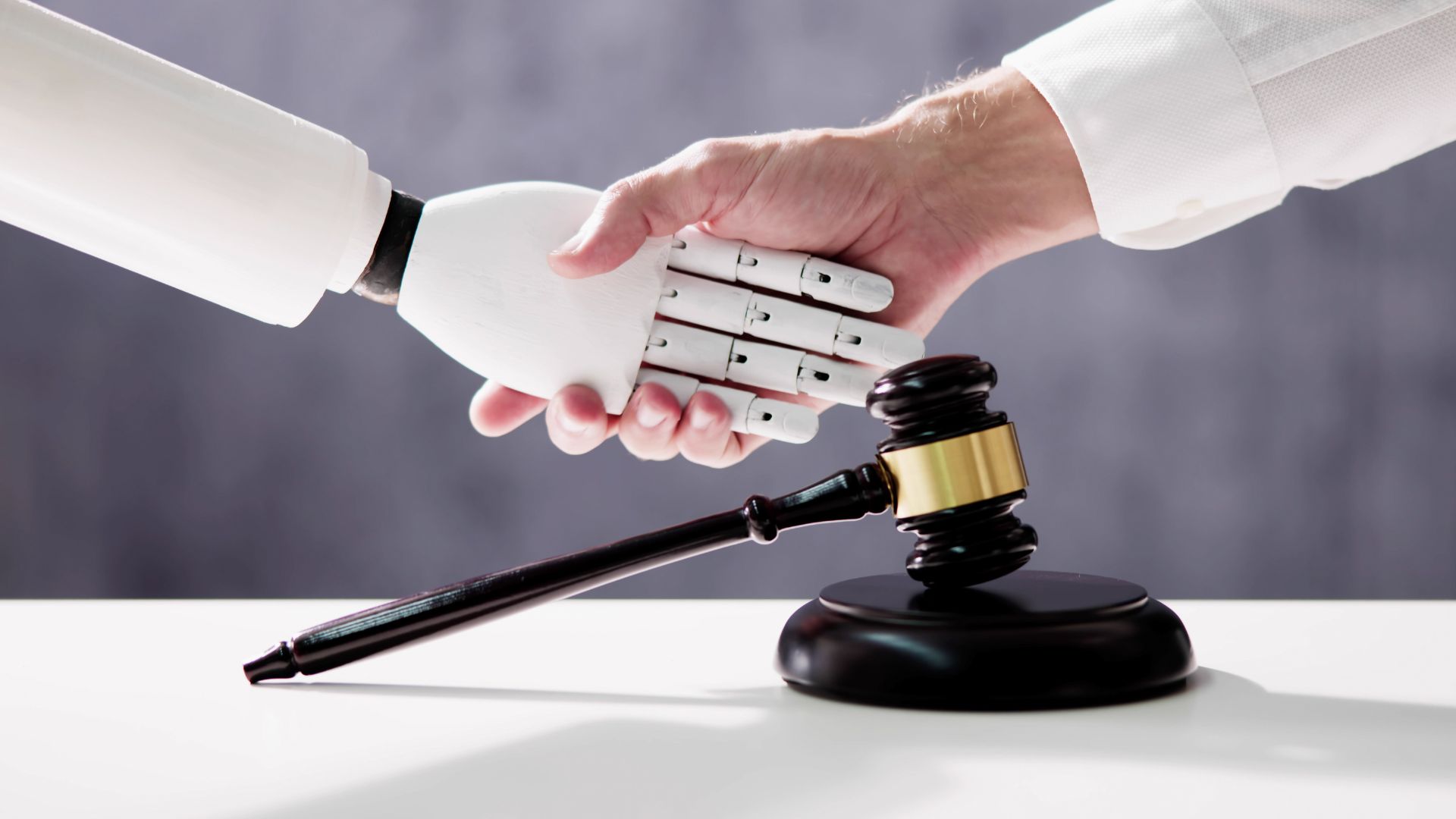It has been twenty years since the European Union approved the directive on electronic commerce that we have in force. If things have changed in twenty years in any situation of life, what can we say about the Internet? Let's look back and try to remember what online sales were like two decades ago? If the priority back then was that the internet connection reached homes and did so at a certain speed -we are talking about Kb or a few Mb-, as we can take for granted, digital services were in prehistory.
New technologies, new services, new businesses have emerged in enormous quantity and variety. Likewise, the risks for citizens and society in general have also increased. Faced with current problems and needs, the response was confusing and often inadequate.
Legislatively, the entire evolution of the sector has not been supported by adequate regulation… until now. It was a general claim that the European single market requires a modern legal framework adapted to today's reality.
The new regulation is called the Digital Services Act (DSA) and has been under debate and amendment in recent years until, recently, the European Parliament approved the text with the proposal for the regulation of online platforms.
The main objectives are based on creating a safer digital space in which the fundamental rights of all users of digital services are protected, and establishing a level playing field to foster innovation, growth and competitiveness, both in the European Single Market and globally. Because the regulation is born in Europe, but there is no doubt that it will have repercussions around the world. The new law very clearly defines the obligations and responsibilities of digital service providers and has a specific focus on large platforms, social networks and marketplaces. It sets out binding obligations at the European Union level for all digital services that connect consumers with goods, services or content. We have already heard some opinions against Mark Zuckerberg, owner of Facebook… well, Meta.
The rule is broad and has a lot of repercussions. We will see how it is applied, in the end transferring the paper to the reality of companies and people is not always easy to achieve. We must be realistic with the proposal and with the corrective measures. The objective is laudable, to protect the fundamental rights of users in the digital world and, without a doubt, it will not be only with this new regulation that it will be achieved. This does not stop and is going at a dizzying speed.








